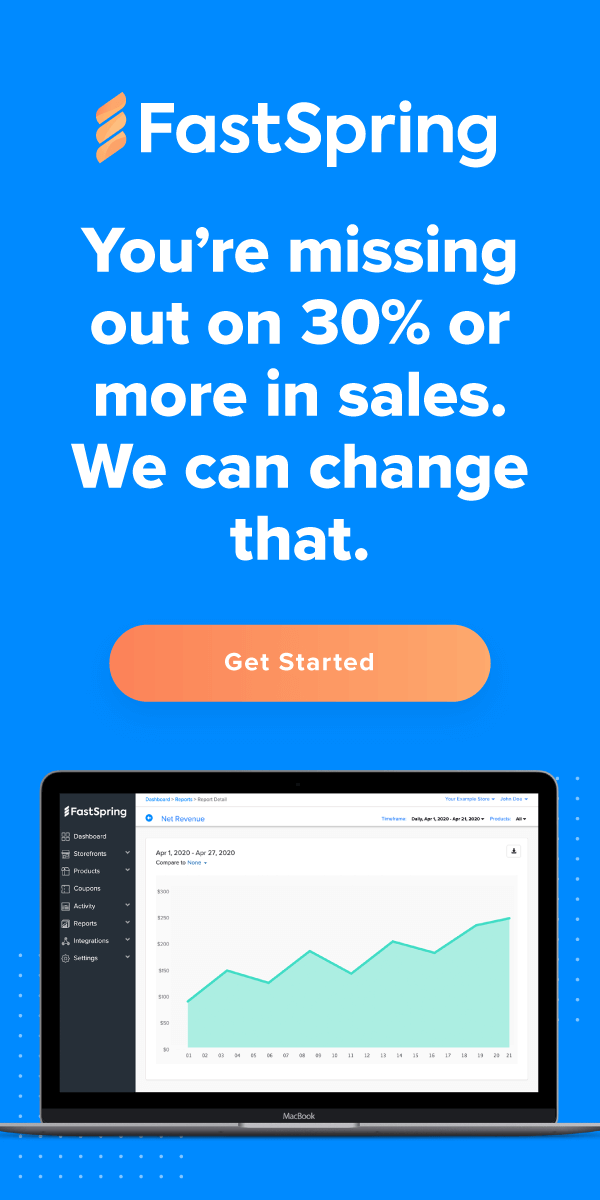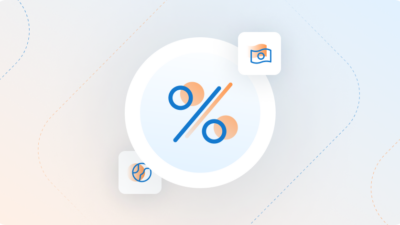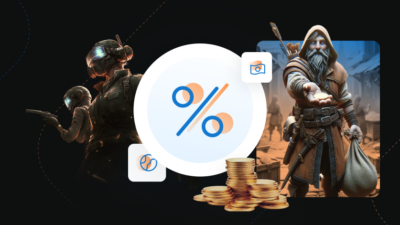One of the most confusing areas of digital commerce for SaaS, software and subscriptions is taxes. We sat down with FastSpring’s in-house tax expert, Russ Scheidegger, to learn what is the current state of global taxation around digital content and what we can expect in the future.
Q. How do tax rules in the United States differ from international VAT/GST/Consumption Tax?
A. You almost need to think of the U.S. states as 50 different countries. There are over 12,000 taxing jurisdictions throughout the U.S. and each state has its own tax rules and nexus definitions. There are some states that do not require a physical presence, but, like that of a country, if you sell into the state then you must collect sales tax.
Additionally, not all sales are taxed the same, so you must keep up to date with the differences. Further, within the state you have different zip codes and each are taxed differently. It’s very time consuming to research and keep up to date, and not cheap to administer.
Q. It seems like some people selling online don’t even collect taxes. Why should I care about taxes?
A. If you do not follow state and country nexus definitions, you could face paying interest and penalties of up to 30%, sometimes more, for all sales into the country. The cost could be overwhelming for some companies. Governments are going to crack down more as they continue to lose revenue to non-payment of taxes.
Q. What does FastSpring handle for sellers that they would have to handle on their own?
A. FastSpring has staff that works with accounting firms, tax firms, in-country agents, and various tax departments to keep up to date with nexus definitions, states sales taxes and the different country taxes (VAT, GST, Consumption, etc).
FastSpring registers when it has established nexus, works with internal developers to update its platform code to collect taxes, and keep rates updated within the platform. FastSpring also files monthly/quarterly/semi-annually, or annually based on state and country requirements.
Q. How much time does the FastSpring team spend dealing with taxes?
A. Currently, FastSpring is registered in over 35 states and countries. Each state and country is different and rates change frequently, especially within states since there are counties and municipality tax rules, outside of the state tax rule. FastSpring spends anywhere from 15-20 hours a month maintaining its current status. Additional hours and costs are necessary to keep up to date with tax rules in states and countries in which FastSpring is not registered.
Q. What do you say to online sellers who plan to handle taxes on their own?
A. If sellers do not use FastSpring or a similar service, they will need to carry out the research for all 196 countries and 50 state themselves. It’s all very complicated and it’s not easily researched online. It does require reaching out to tax specialists to understand the tax nexus rules, obtain rates, and understand thresholds.
Once nexus is confirmed, the seller will need to work with their development department to be able to charge tax, register with the country, and file based on the time frame required by the country. There are countries that require an in-state agent, so the company has to find an agent to act in its behalf within the country. The time and costs can be overwhelming for small-to-medium businesses.
Q. What do you see as the future of tax/VAT?
A. With the number of countries increasing that are requiring foreign sellers to collect sales/vat/gst/consumption taxes, it’s going to be very costly and require a lot of time to keep up to date with tax collection requirements for all 196 countries. The information is not always published and easily found. Sometimes the only way to get the correct information is to pay a consulting fee to a tax firm with specific knowledge on taxable items.
Additionally, not all countries/states tax the same items. There are some U.S. states that tax SaaS products, but some states do not. Some countries tax subscriptions, but some countries to not. It has to potential to get very confusing without having the proper resources.
Since you’re here, check out the tax infographic!
![[Customer Story] Why TestDome Considers FastSpring a Real Partner](https://fastspring.com/wp-content/themes/fastspring-bamboo/images/promotional/2023/FastSpring-TestDome-blog-thumbnail.jpg)








